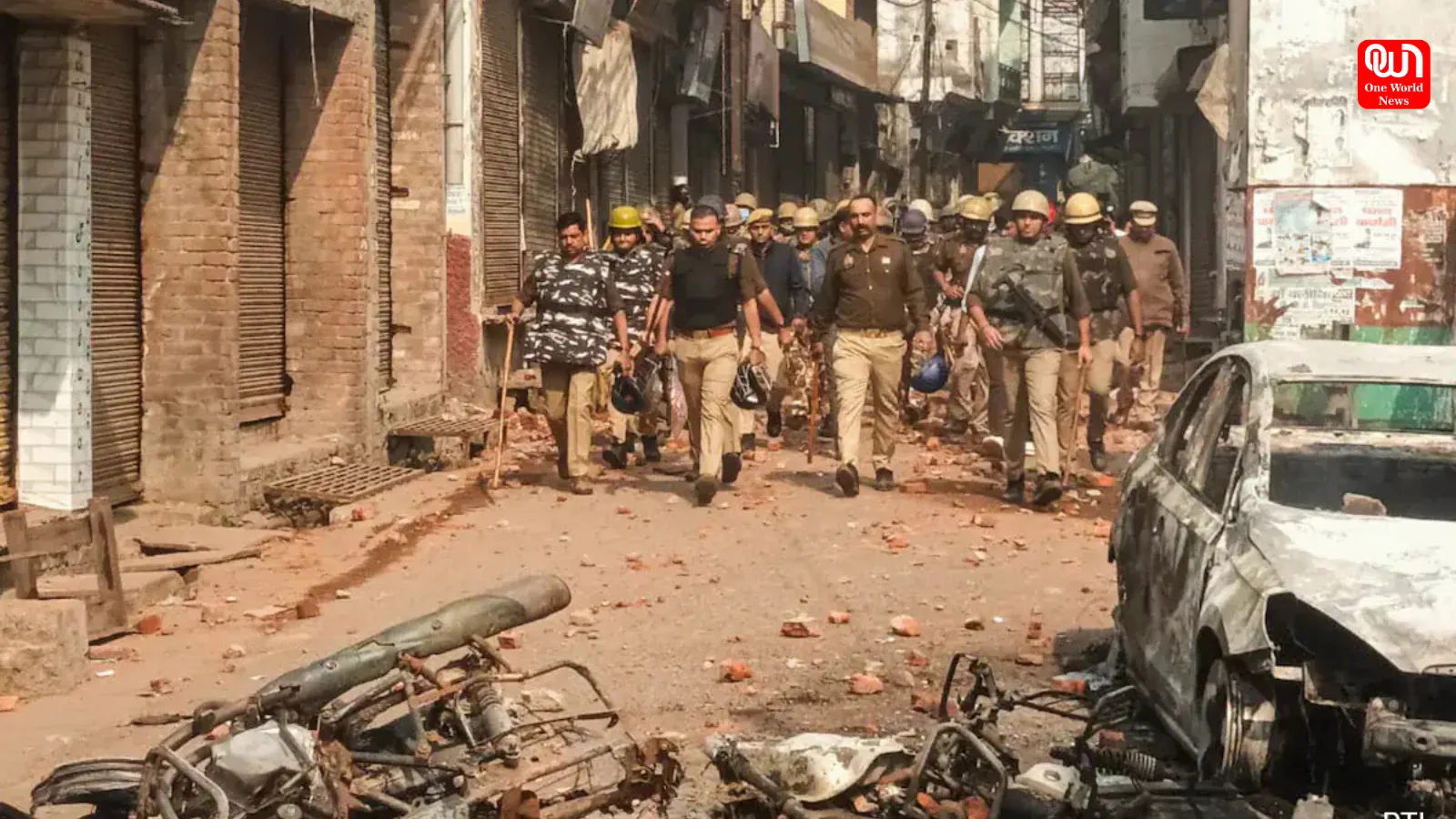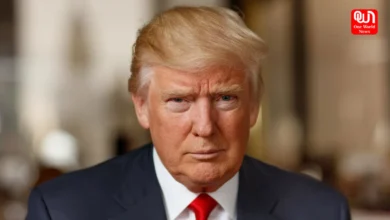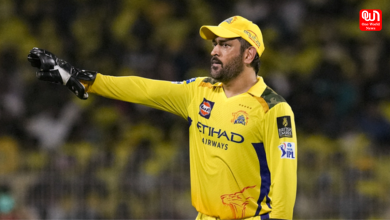Sambhal Violence: Mosque Survey Sparks Deadly Clashes in Uttar Pradesh
Court-ordered mosque survey in Sambhal triggers deadly violence, reigniting communal tensions and legal disputes
Sambhal mosque survey sparks deadly clashes, killing four, injuring police, reigniting religious disputes in India
In Sambhal Violence, Uttar Pradesh, a court-ordered survey of the 16th-century Jama Masjid has triggered deadly violence, resulting in four deaths, injuries to over 30 police personnel, and widespread chaos. The mosque, built during Mughal emperor Babur’s reign (1526-1530), has become the center of a heated legal and ideological dispute.
The Historical and Religious Context
Sambhal Violence- The Jama Masjid in Sambhal is one of the three significant mosques constructed during Babur’s rule, alongside the Panipat mosque and the now-demolished Babri Masjid. Historical accounts suggest the mosque’s construction was overseen by Hindu Beg Qucin, a close aide of Babur. It features Persian inscriptions confirming its Mughal origins, though some claim it incorporates remnants of a pre-existing Hindu temple.

Sambhal is also significant in Hindu mythology, believed to be the birthplace of Kalki, the final avatar of Lord Vishnu. Earlier this year, Prime Minister Narendra Modi laid the foundation of Kalki Dham, emphasizing the site’s importance in Hindu traditions.
The Legal Dispute
The controversy of sambhal violence began when advocate Vishnu Shanker Jain filed a petition claiming the Jama Masjid was built over a temple dedicated to Lord Kalki, destroyed during Babur’s invasion. Jain cited historical texts like Baburnamah and Ain-e-Akbari to support his claims. The petition calls for the Archaeological Survey of India (ASI) to take control of the mosque and demands Hindus be allowed unrestricted access for worship.
Opponents argue the dispute violates the Places of Worship Act, 1991, which prohibits altering the status of religious sites as they existed on August 15, 1947. Ziaur Rehman Barq, Sambhal’s MP, criticized the petition as an attempt to disturb communal harmony.
The Violence
On November 19, 2024, the court ordered a survey of the mosque, carried out by Advocate Commissioner Ramesh Raghav and local authorities. Tensions on November 24. Protests erupted near the mosque, with fears of a repeat of the Babri Masjid demolition fueling the unrest.
Read More: Udaipur stabbing incident: Internet Suspended, School closed after communal riots in Udaipur.
The situation turned violent as protesters clashed with security forces, throwing stones and setting vehicles ablaze. Police used tear gas and baton charges to control the mob. Four people, including three young men, were killed, and several vehicles and properties were damaged. Internet services were suspended, schools closed, and prohibitory orders imposed to prevent further violence.
Reactions and Criticism
Advocate Vishnu Shanker Jain called for the ASI to take control of the site for a detailed investigation. Meanwhile, Ziaur Rehman Barq urged calm and vowed to challenge the survey legally. Former Chief Minister Mayawati criticized the government for failing to prevent communal tensions.
Critics argue that such cases undermine the 1991 Places of Worship Act, which aims to preserve post-Independence religious status quo. Authorities have pledged strict action against those involved in the violence, including charges under the National Security Act (NSA).
The incident has brought back memories of the Babri Masjid demolition and reignited debates about religious harmony and legal protection of historical sites in India.
We’re now on WhatsApp. Click to join.
Like this post?
Register at One World News to never miss out on videos, celeb interviews, and best reads.








